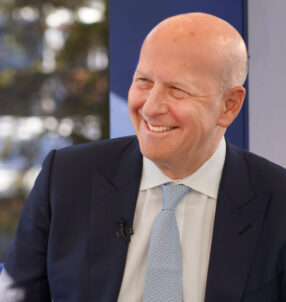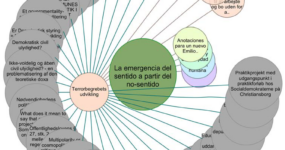New Delhi: The government on Tuesday reversed a five-year-old decision and announced that inoperative employees provident fund (EPF) accounts will earn interest, a move that will cheer millions of workers.
The decision, taken at a meeting of the central board of trustees (CBT), the highest decision-making body of the Employees’ Provident Fund Organisation, will come into force on 1 April.
It will benefit more than 40 million holders of inoperative EPF accounts, which will start earning interest. Over Rs.32,000 crore is parked in such inoperative EPF accounts.
“We have taken a pro-people decision,” said labour minister Bandaru Dattatreya after the CBT meeting.
As labour minister Dattatreya is the chairman of CBT, a tripartite body comprising representatives from the government, industry and employees. EPFO functions under the labour ministry.
Dattatreya sought to blame the United Progressive Alliance (UPA) government for stopping the payment of interest on inoperative EPF accounts. “Now we have taken a pro-worker decision. The UPA government, which was claiming to be pro-worker, stopped (payment of) interest on inoperative accounts. Now, we have decided to credit interest in inoperative accounts,” the labour minister said.
He added that from now on, there would be no inoperative accounts.
Accounts turn inoperative largely because organizations prefer to open new EPF accounts for employees who switch jobs rather than facilitate transfer of earlier accounts, largely because of the tedious process involved. EPFO has started ironing out transfer issues in the past one-and-a-half years through the universal account number.
EPF accounts are deemed inoperative when there is no contribution for 36 months. Such accounts stopped earning interest from financial year 2011-12.
While there are some 40 million active EPF accounts, nearly 90 million are inactive—accounts which have not seen any contribution for the last three months.
From the inactive account pool, some 40 million are inoperative accounts. From 1 April, there will be no such classification.
The decision comes in the wake of a 25 February EPFO notification which restricted EPF withdrawals.
As per the notification, EPF subscribers will not be able to withdraw their provident fund on attaining the age of 54, and will have to wait until they are 57 years of age.
Under earlier rules, EPF subscribers were allowed to claim 90% of the corpus in their account at the age of 54.
Those below 54 years of age and in service can withdraw portions of their EPF corpus for specified reasons such as purchase of a house, marriage of children, etc. Besides, employees cannot withdraw their entire EPF balance even if they have quit their jobs or are unemployed, under the new rules.
“With withdrawal restricted, this was perhaps the only option before the labour ministry,” said D.L. Sachdeva, a CBT member, representing employees.
“Restrictions on withdrawal are a separate debate that we will take up with the government but the reversal of the five-year-old decision has our support,” said Sachdeva, who is also the national secretary of the All India Trade Union Congress, a national trade union.
“The ministry may have to make its logic more clear on inoperative accounts. On the face of it, we do not see much merit in it but may be they have a point that needs clear articulation,” said Rituparna Chakraborthy, senior vice-president of staffing company Teamlease Services Ltd.
CBT also approved a scheme which will help some 20,000 EPFO employees advance their careers, a demand pending with the government for years.
Besides, the labour ministry said that it has decided to invest up to 65% of its annual accrual in government securities, up from 50% now, as EPFO believes that government securities are earning better interest than some corporate bonds.
However, EPFO did not discuss its equity investments in the CBT meeting as demanded by some trustees. “That will be discussed in a separate finance investment committee meeting,” Sachdeva said.
[“Source-Livemint”]




























